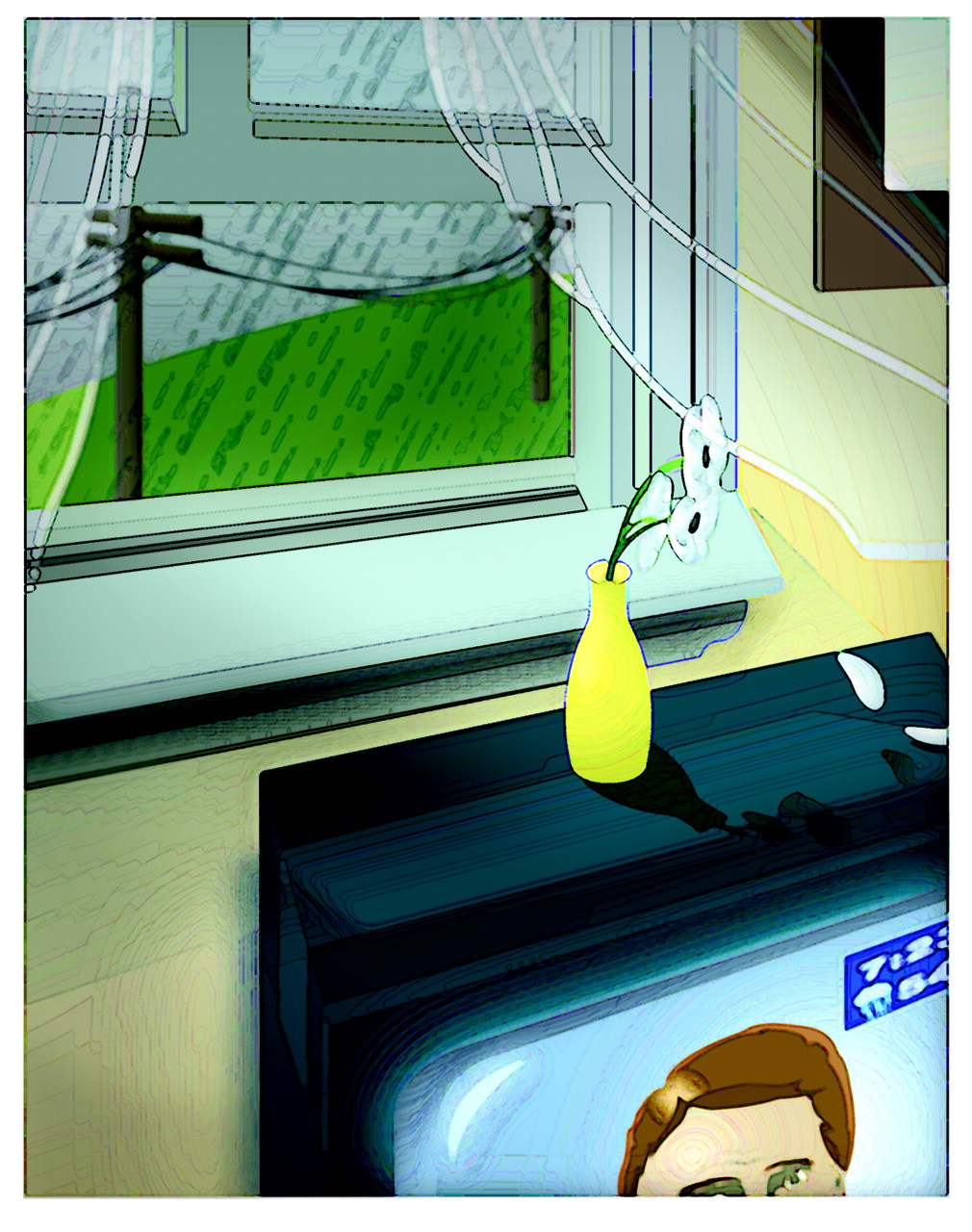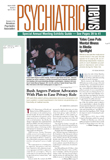Not since the trial of John Hinckley has there been as sensational a court case involving a defendant pleading not guilty by reason of insanity.
But in contrast to the Hinckley trial, APA leaders say media coverage of the trial of Andrea Yates—convicted last month for the murder of her five children by drowning—was notable for its balanced and sympathetic portrait of severe mental illness. Even those who were dismayed at the verdict—and the strict legal definition of insanity that Yates was required by Texas law to meet (see
page 24)—say the case proved an opportunity for public education.
“I was impressed with the media coverage of the case and the extent to which it was an opportunity to educate the public about postpartum depression and psychosis and the relationship between mental disorder and violent behavior,” said APA President-elect Paul Appelbaum, M.D. “I think the impact in terms of educating the public was positive.”
Jeffrey Metzner, M.D., chair of APA’s Council on Psychiatry and the Law, agreed.
“Unlike the Hinckley case, where the public perception was that he knew exactly what he was doing and got away with a significant crime, most people agreed that Andrea Yates was severely mentally ill,” he said. “I think it brought much more awareness of mental illness, with specific reference to postpartum psychosis. From that perspective, psychiatry was enhanced because more people were educated about mental illness.”
Nada Stotland, M.D., speaker of the APA Assembly and a former chair of APA’s Joint Commission on Public Affairs, said that the generally positive media reporting, as well as the largely sympathetic response of the public, reflects the success of years of public education efforts by APA and other advocates.
“The mainstream media seemed to make a real effort to cover the case fairly,” she said. “If anything, I think it showed a considerable amount of understanding about mental illnesses and what they do to people. We have come a long way. People understand that depression is a disease much more than they did some years ago. It shows that continuing our efforts to teach the public is crucial, and it shows that we can actually do it.”
Though some media reports have been critical of details of the prosecution’s case, Metzner believes that dueling psychiatric opinions were much less of a focus than in the Hinckley trial. At issue in the Yates case, he said, was a straightforward legal one: Did she meet the state’s strict M’Naghten definition for insanity?
“In the Hinckley case, people criticized the [veracity] of the diagnosis,” he said. “Not here. There was no disagreement that she was significantly mentally ill. The difference among the experts was whether she met the legal standard.”
Insanity Defense
While the media publicity surrounding the case was largely positive, the guilty verdict handed down by the jury met with more criticism. And several observers say the case highlights the need for re-examining legal statutes for determining insanity. Yates was convicted in Texas under the so-called M’Naghten standard, a definition of insanity used in 24 other states requiring the defendant to prove that he or she could not determine right from wrong.
“The American Psychiatric Association hopes that the Yates case will lead to broad public discussion of how our society and its legal system deal with defendants who are severely mentally ill,” said APA President Richard Harding, M.D., in a statement issued following the verdict. “Historically, the insanity defense was used to excuse from moral culpability mentally ill people who were so deranged that they could not tell right from wrong and could not control their actions. However, reviews of insanity cases show that the more heinous the act, the less likely that an insanity plea will succeed, despite the disabling presence of severe mental illness.
“Also, the standards for handling mentally ill defendants vary across jurisdictions,” Harding said. “A mentally ill person tried for a capital offense in one state may be found ‘not guilty (meaning not responsible) by reason of insanity,’ while another person with similar severity of mental illness tried in another state may be convicted. Advances in neuroscience have dramatically increased our understanding of how brain function is altered by mental illness and how psychotic illness can distort reality in very subtle ways, to the degree that black becomes white.
“Research also has led to development of more effective treatments,” Harding said. “Unfortunately, public understanding has not kept pace with these advances.”
Justice System Flawed
The National Alliance for the Mentally Ill (NAMI) echoed those comments in a statement issued following the verdict. “. . .[I]f ever there is a case in which mental illness should be seen as a mitigating factor, if not a complete defense, then this is it,” said NAMI. “Our shock and disappointment [in the verdict] is tempered by the recognition that the criminal justice system—not just in Texas, but also throughout the nation—is ill suited to addressing issues involving mental illness. The law has not kept pace with modern science. Juries too often are called upon to apply narrow, irrelevant definitions. . . . In Texas, and throughout the nation, NAMI calls for a sweeping re-examination of the legal standard for insanity and how such cases are handled.”
Appelbaum said he believes public education is crucial. Regardless of any particular state’s definition of insanity, jurors invariably make their judgments on the basis of what they think is right—and invariably their judgments reflect the broader public’s understanding of mental illness.
“I know some people are upset at the verdict and thought the defendant’s mental disorder was not sufficiently taken into account,” Appelbaum said. “But I think the most productive channel for that concern is a focus on using the case to inform people in the general public about the reality of mental disorder, about what it is like to be psychotic, and how people often cannot bear full responsibility for their actions when they are mentally ill.” ▪

